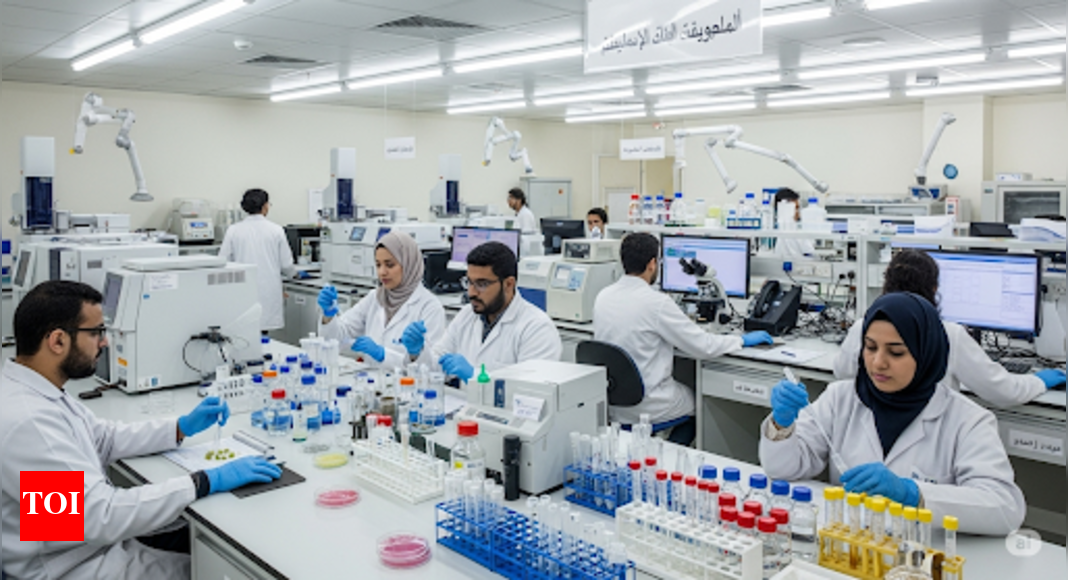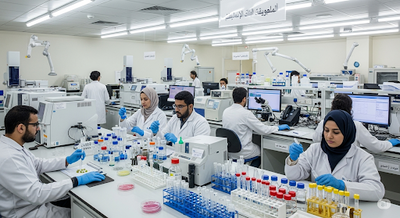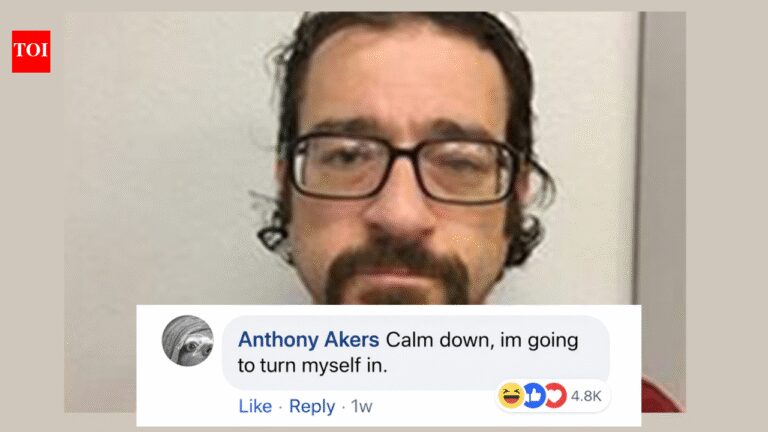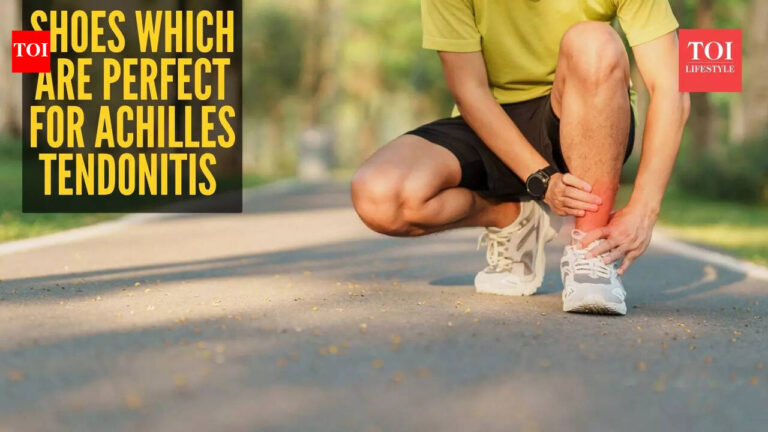
TL;DR:
Saudi Arabia ’s Ministry of Municipalities and Housing has issued new regulations for food laboratory operations, introducing strict spatial, technical, and visual standards to improve food safety, urban compliance, and investment conditions.- The rules apply to private and conformity-assessment food labs, setting requirements for lab size, parking, appearance, and location while exempting government labs.
- Measures include banning visible wiring/air-conditioning units on facades, mandating at least 100sqm for labs, and locating labs within urban boundaries, all to raise quality and safety standards.
In a significant regulatory shift, Saudi Arabia’s Ministry of Municipalities and Housing has introduced stringent new rules for private food laboratories, marking a proactive step to elevate food safety and urban standards across the Kingdom. In a statement on Sunday, the ministry said the new rules apply to laboratories that conduct food testing and measurements under defined standard conditions, whether operating independently or as part of a conformity assessment body.
Key features of the new regulations
- Scope and Applicability:
The updated rules govern all laboratories engaged in food testing and measurements carried out under standardized conditions. This applies whether labs are operating independently or as part of a conformity assessment body. However, facilities managed by Saudi government bodies such as the Saudi Standards, Metrology, and Quality Organization are explicitly exempt from these requirements. - Spatial and Technical Requirements:
Food laboratories must now operate only within officially recognized urban areas, directly supporting urban planning objectives and reducing potential negative impacts like noise or visual pollution. There is a strict prohibition against any external environmental or visual nuisances.Key technical and spatial standards:
- The minimum space for any laboratory facility, whether inside an existing building or as an independent site is set at 100 square meters.
- Standalone labs must provide a minimum of one dedicated parking space for every 25 square meters of total space, making client and staff access easier and managing urban congestion.
- Aesthetic and Safety Standards:
The Ministry’s rules extend to the visible appearance of laboratories. New criteria strictly forbid any visible electrical wiring or external air-conditioning equipment on building facades or rooftops, reinforcing high safety, quality, and aesthetic standards for all lab buildings.
Objectives
These reforms are part of broader efforts to:
- Harness urban policy to raise overall quality of life;
- Foster a more compliant and attractive investment climate for food-related industries;
- Ensure that consumer food safety and laboratory testing standards align with the Kingdom’s health and urban development strategies
The reforms aim to align with broader goals of improving the urban environment and raising Saudi Arabia’s profile as an attractive, investment-friendly destination for food and health-related enterprises. The Ministry emphasized that these standards are designed to promote both public health and better quality of urban life.With these robust new regulations, Saudi Arabia is strengthening its food safety framework and urban quality of life, ensuring private food labs meet the highest operational and aesthetic standards. Exemptions for government-controlled laboratories support efficient national oversight, while the private sector is positioned to grow in a more strictly regulated, investor-friendly environment.







